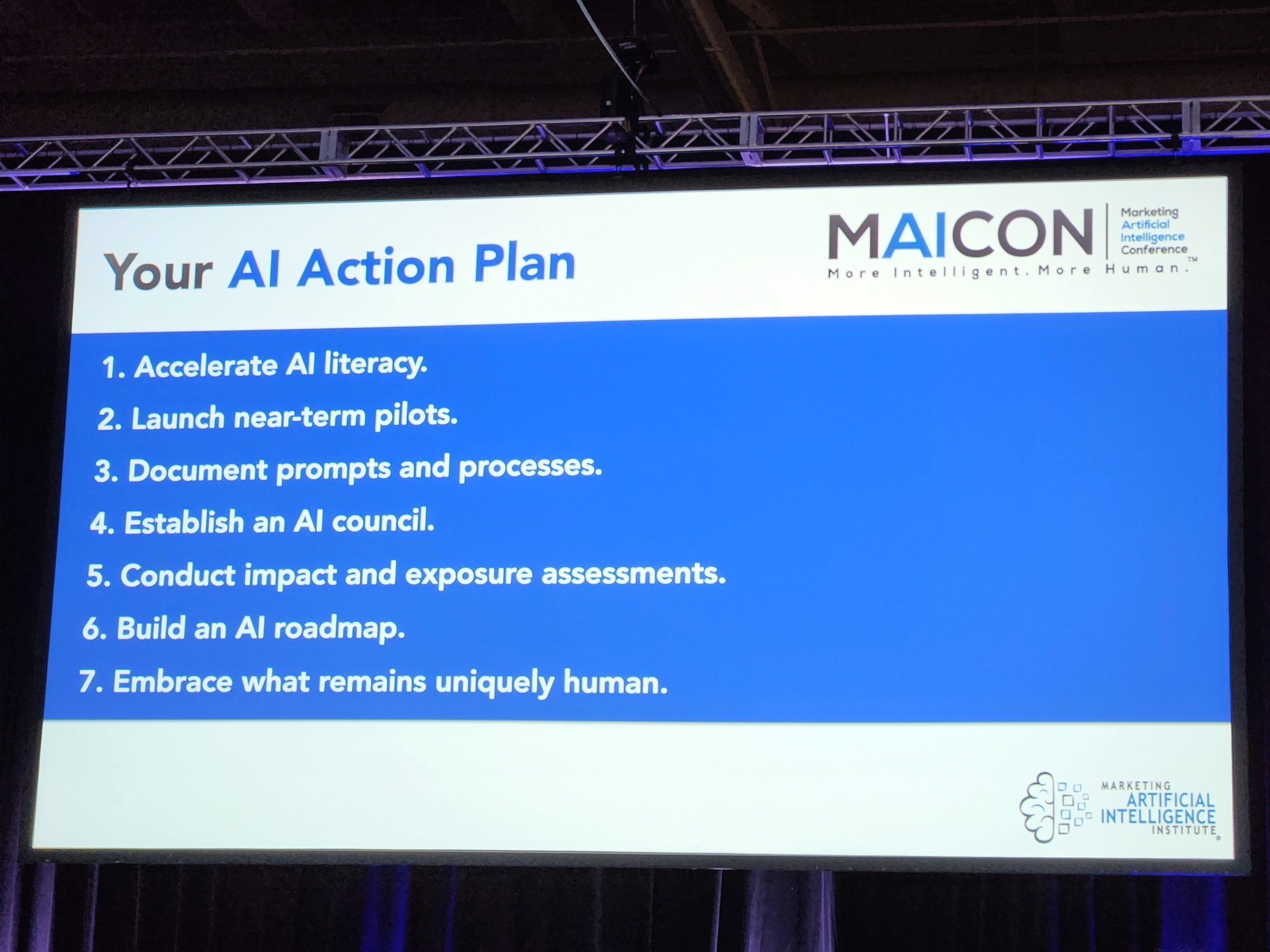author
William McKee
Landing pages have become an essential element to practically every digital marketing strategy. They’re the tools, that when optimized, perform magic on your lead generation and conversion rates. While businesses have been using landing pages to help them meet their growth goals, optimizing them for success has become more complex.
There are many different components to consider when designing an optimized landing page, and this includes everything from consumer psychology to meeting the demands of a mobile market. There’s a lot at stake with every single decision and landing pages need to do a lot more than just look the part. Anyone who has ever attempted to build a landing page that really performs knows that it isn’t a task for the faint of heart.
The perfect landing page might seem elusive, but it really isn’t. There are a few elements that all successful landing pages have in common. Let’s set out to recognize the features of high performing landing pages and demystify the process of creating them.
The Real Purpose of Your Landing Page
Go out and ask a handful of business owners what a landing page is and most of them will be able to provide a generalized definition. The basic concept being that it’s the place an internet user lands after clicking on a paid ad or other clickable link, like you might find in an email. This is all true, but this description alone doesn’t do much to sum up the nuances of everything a landing page does.
Landing pages are the start of a conversation with your visitors. It’s the place where first impressions are often formed and serves as the entry point for the products or services you offer. Most people don’t spend a ton of time on landing pages, so they also need to be straightforward, informative and convey what you want the visitor to do and why they should do it – all at first glance.
If you can’t capture their attention and information on their first stop to your landing page, it becomes exponentially more difficult to win them back. Here’s how to avoid that scenario with a few simple landing page design tips.
Start with Your Goal
Defining the purpose of your landing page is priority number one. It’s such a basic component of the design that it often doesn’t get the attention that it deserves. For example, it’s easy to say you want your visitors to fill out a form or subscribe to a newsletter, but we’re going to ask you go a little deeper in defining your goal.
Start by asking yourself who you really want to attract with your landing page offer. You might want every person that sees your PPC ad to buy into your lead generation strategy, but the reality is that only a percentage of them will. So, who are the ones who are most important to you? Now is the time to consider their online behaviors, what they look for in terms of comfort factors and user experience and what motivates them to act from a psychological perspective.
Secondly, think about how they’re arriving on your landing pages in the first place. You’ve probably put quite a bit of effort into designing the pathway to your landing page. Make sure that the page they land on meets their expectations so that they’re encouraged to follow through. A great landing page design all starts with realizing how the entire journey, starting before they land, influences how a visitor will respond once they arrive.
The Elements That Matter
Now that we’ve covered the foundational aspects of high performing landing pages, lets begin a conversation about the elements that are going to enable yours to perform for your internet marketing strategy. Honestly, there’s so much that goes into successful landing pages – from web design to search engine optimization – that it’s near impossible to cover it all here. Instead, what we’re going to do is discuss the 5 elements that matter the most.
Make It Easy
The goal is to eliminate any barriers that prevent a visitor from traveling from point A to point B in the fewest number of steps. Take lead capture forms for example. While longer forms are sometimes appropriate, the more fields a visitor has to fill out, the more likely they are to hit escape.
Experience tells us that the simple act of shortening a lead capture form from 11 spaces down to 4 results in a 120% increase in conversions. Streamline the process and provide visually stimulating evidence that connecting with your brand is the best move they can make.
Don’t Neglect SEO
Because landing pages are so highly associated with paid ads and other strategies like email marketing, too many businesses forget that search engine marketing also plays a role – something that’s especially true with local SEO and landing pages that are targeted towards a local audience.
Not only can SEM help to drive traffic to your landing pages but including elements that are important to SEO in the web development stage of your landing page design can significantly increase their potential for conversion and your ability to nurture customers past that point.
Design Matters
The last thing your visitors want to see when they arrive on your landing page is clutter. Visual clutter takes away from the message you’re trying to deliver and makes it more difficult for the visitor to comprehend what you want them to do.
Your landing pages should be built with clean design, plenty of white space and a call to action that visitor’s eyes are naturally visually drawn to.
It’s About Them, Not You
To be successful with inbound marketing today, it’s essential to realize that you need to make it all about the customer and not about you. For example, littering your landing pages with non-stop chatter about how great you are does nothing for conveying how your solutions are going to help them.
Instead, focus on solving their problem or easing their pain. Providing validation through testimonials or reviews speaks volumes about your authority without ever taking your focus off solving your customer’s problems or meeting their needs.
Be Mobile
Finally, responsive web design is an absolute must for the mobile customer. Landing pages that aren’t created with responsive design are frustrating at best for the mobile user. It’s important that you eliminate this pain point by making it easy for any customer to engage with your landing pages, regardless of the device they’re on.
Are your landing pages performing the way you need them to? We say that there’s always room for improvement and we want to be the website design company that proves it with results. Contact Knowmad today and let us show you how a professional digital marketing agency can optimize your landing pages and bring your business more leads.
.webp?width=900&height=548&name=wyatt-mobile%20copy%20(2).webp)



